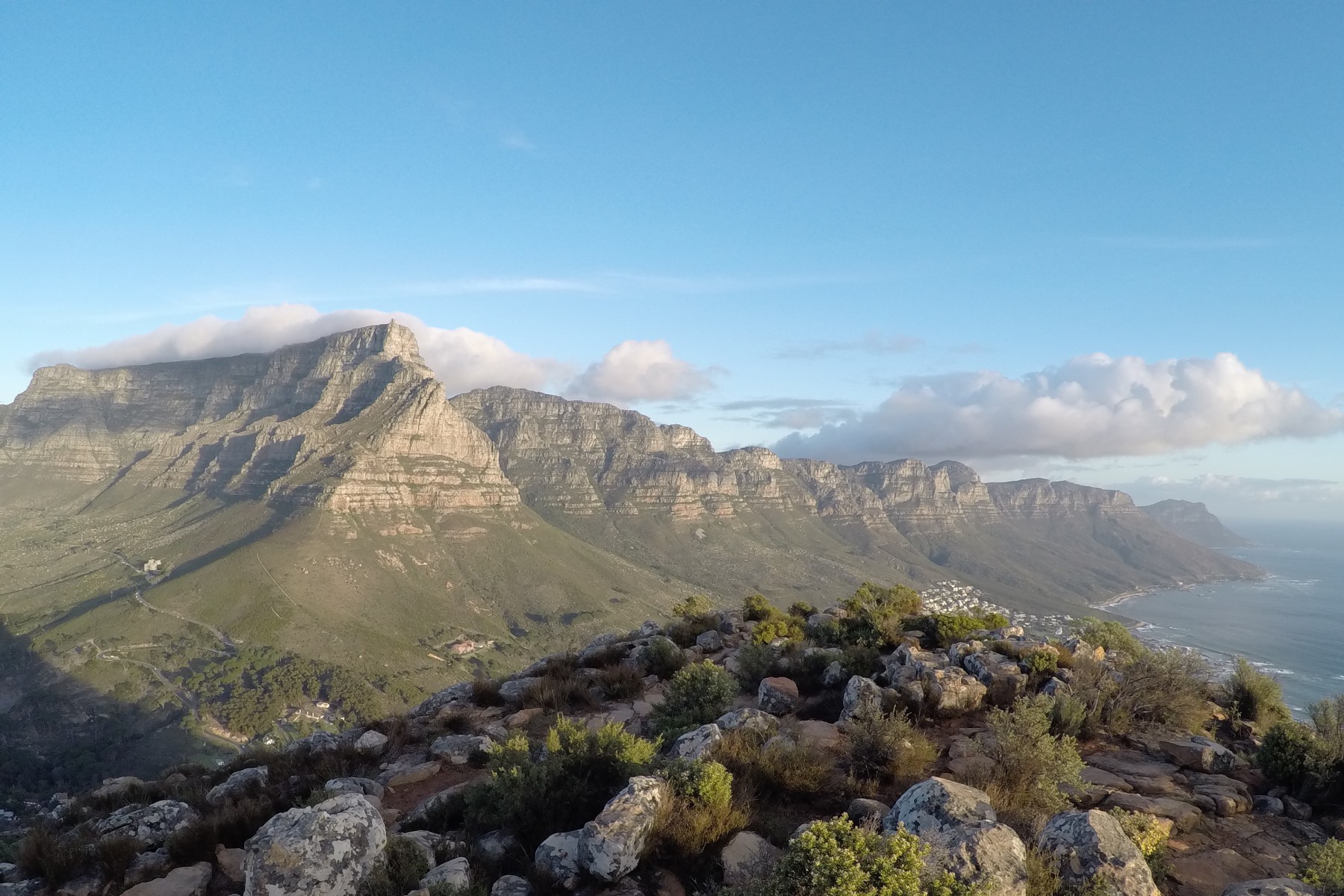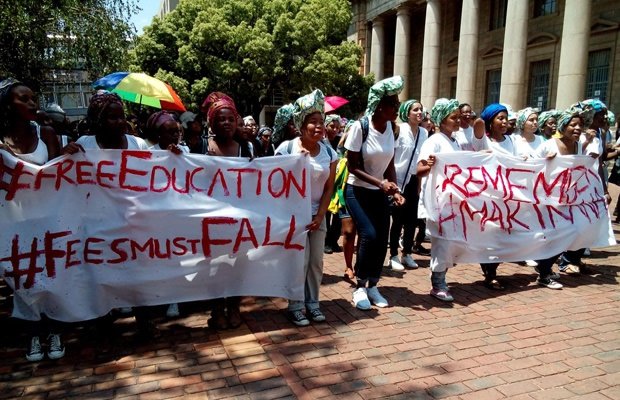Students across South Africa have protested the fees over the past week, leading the temporary closure of three universities. These protests are the biggest student protests to hit the country since apartheid ended in 1994.
The students are demanding free quality education for all. The protests are a result of the announcement by university management, which outlined a 10-12% increase in fees.
Thousands of students from provinces all throughout South Africa took to the streets, organizing site-ins and marching in both rain and heat. In just over a week, a group of students were successfully able to mobilize a country into a nationwide movement though social media, which became known as #FeesMustFall. The organizers of the movement plan to continue the struggle through the #FreeEducationForAll Twitter campaign.
The growth of these protests in such a short time period show just how powerful and influential the internet and social media is in modern day society.
The protests began at the University in Johannesburg and have since spread to the University of Cape Town and the University of Western Cape. In addition to the demands for free education, students have also protested discrimination and postponement of final exams. All three institutions have since delayed classes and postponed final exams.
President Jacob Zuma agreed to end the tuition increases, a move that many government officials believed would end the protests. However, it has been apparent that the demonstrations go well beyond just tuition fees.
Education is one area where students believe the playing field is not level. They want to see the government to honor the promises it made back when it took power in 1994, when they stated that education would be free for all. The students participating in this movement believe that free education will be instrumental as the country looks to break the cycle of poverty and unemployment.

